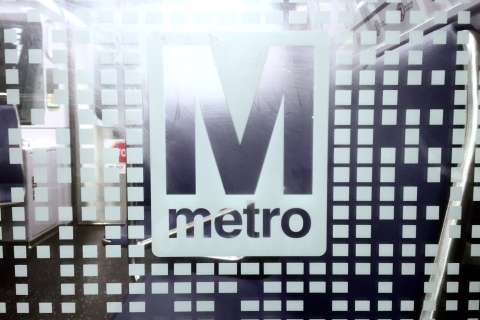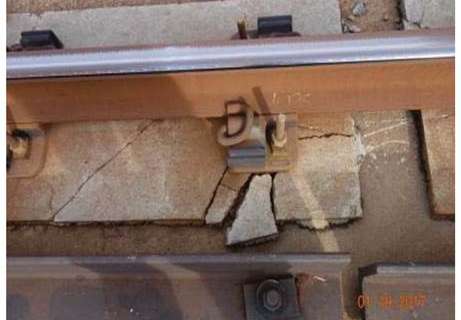WASHINGTON — Fare hikes and service cuts are set to get final approval Thursday from the Metro Board.
The full board is also expected to approve moving forward with a one-year capital funding agreement among local jurisdictions and a longer-term capital improvement plan that projects a sharp increase in local contributions beginning next year.
Combined, it is the first time local jurisdictions will promise $1 billion for the Metro system’s operating and capital budgets in a single fiscal year.
Metro expects about $609 million in federal funds for capital projects this year, starting in July, money that is mainly intended to help fund new railcars and other safety-related work.
On Friday, the Federal Transit Administration approved a list of projects that Metro plans to use $148.5 million on in the coming year.
Additional grant applications will be filed next month.
The fare increases, a reduction in scheduled rush-hour rail service at all stations but Arlington National Cemetery and cuts to bus routes are expected to take effect “on or about” July 1.
At the end of each line, trains will be scheduled every eight minutes rather than the current schedule of every six minutes.
Riders often complain that the trains do not meet those schedules.
The 10-cent increase in rush-hour rail fares and parking fees, 25-cent increase in off-peak rail fares and most bus trips, and the 50-cent increase in airport bus fees are all in addition to changes to the rail system’s hours, which are set to take effect at the same time.
Other changes include the rail system closing 30 minutes earlier on weeknights, at 11:30 p.m. The system will be open until 1 a.m. Friday and Saturday nights and only from 8 a.m. to 11 p.m. on Sundays.
Metro is extending a handful of bus routes that could provide options for certain late-night trips.
The reductions to hours, some bus routes and to the number of scheduled trains will lead to about 100 jobs being cut.
Metro plans to cut 300 positions in all, in addition to the 500 cut over the past year — though many of those positions were vacant.
Based on data from before 24/7 track work sent Metro’s ridership into further declines — and a 2014 bus rider survey — Metro estimates that low-income riders will face the most significant fare increases in this budget. But the transit agency estimates that the difference in impact compared with other riders is just within Metro’s civil-rights standards.
Adjusting worker schedules, making sure riders are aware of the changes and updating the fare system with new rates are among the things Metro must complete before the changes begin.
Planning is expected to kick into high gear following Thursday’s formal approval of the service cuts and fare increases.






